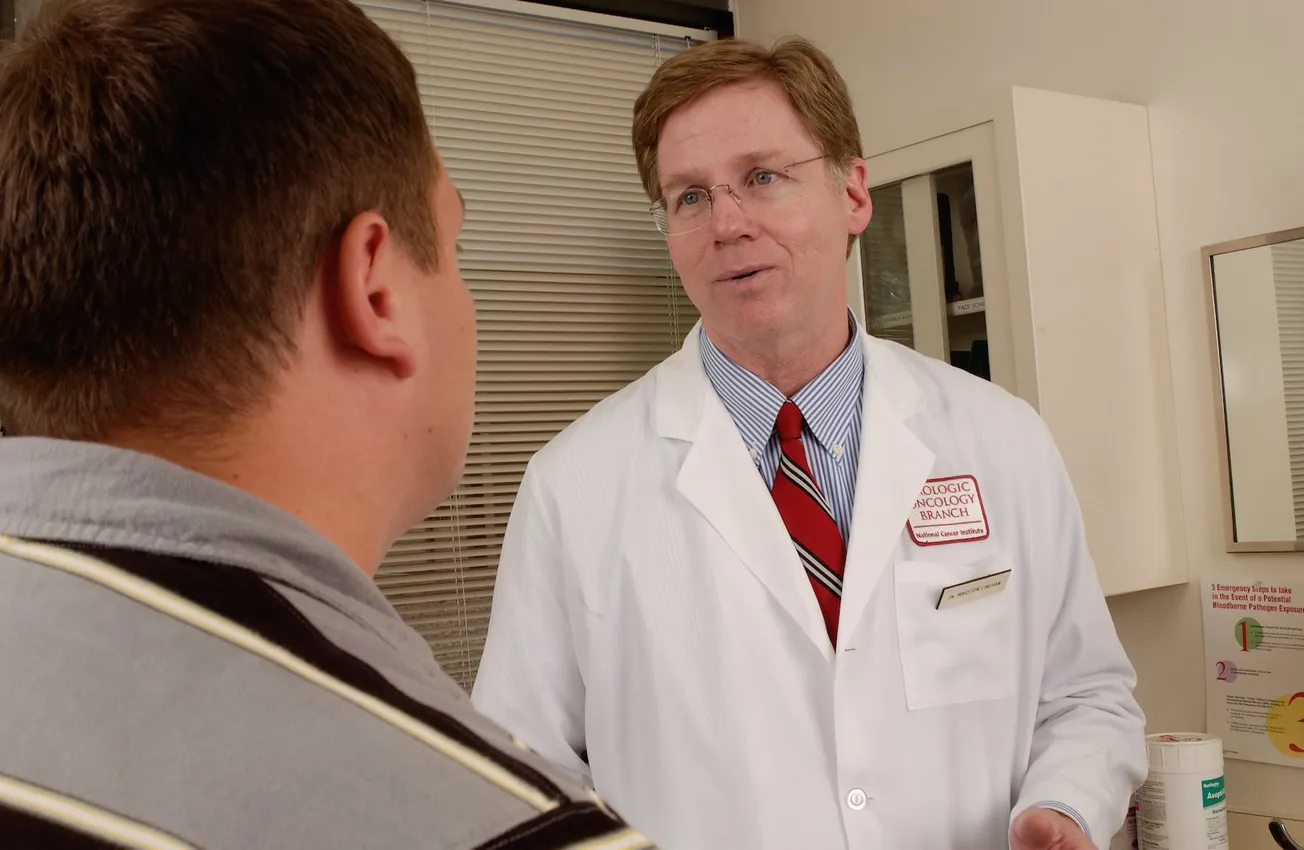Table of Contents
We’ve all been there: you wake up with a lurgy and call in sick to work. But then you have to try and drag yourself off to the doctor’s for a medical certificate. Even assuming you can get in (good luck with that!), the last thing you want to do is haul your suffering carcass to the clinic, and pay the gap fee.
It used to be, of course, that chucking a sickie for a day was taken on trust. Medical certificates were only required for longer stints off work, or if you were having a lot of sickies. That’s all changed as the HR types have increasingly taken over, and especially under nationwide enterprise agreements. Now, many employers require a certificate for even a single day off.
And GPs are getting a bit jack of it.
Max Mollenkopf estimates he sees two or three patients each day at his GP practice in Mulubinba/Newcastle who don’t need treatment but require a medical certificate for work.
For employees, a trip to the doctor for a medical certificate can be time-consuming and costly, especially if your appointment isn’t bulk-billed.
Meanwhile, these appointments can take clinical time from people who are genuinely sick, Dr Mollenkopf says.
“If someone is sick and they want to see me, every day of the week I want them to be able to come in,” he says.
“I didn’t sign up to do medicine to do HR policy on behalf of large corporations.”
As it happens, we can thank the “Party of the Worker” for this unnecessary, time-consuming, expensive burden of pointless paperwork heaped on workers. It was Julia Gillard’s “Fair Work Act” (so called) which introduced National Employment Standards (NES). This was intended to demolish the John Howard-era “Work Choices” individual bargaining regime. Going further back, similar individual agreement legislation introduced by the Jeff Kennett government in Victoria prompted many unions to shift their members to national agreements.
And so, here we are.
Workers covered by the NES can be asked to provide evidence to their employer that they are genuinely entitled to their sick leave, such as a medical certificate or statutory declaration.
Importantly, under these rules, employers are entitled to ask for evidence even if the employee is taking one day — or part of one day — off work.
Some smaller employers at least can’t be arsed with the bureaucracy.
Amantha Imber is an organisational psychologist and CEO of Inventium, a workplace consultancy business based inNaarm/MelbourneMelbourne.
Dr Imber has a trust-based policy with her team of 10. When people are sick, they are not expected to provide medical certificates.
“We hire people that we trust, we treat them as adults. If they’re saying they’re sick, they’re sick,” she says.
The over-demand for medical certificates has, in fact, had two outcomes: firstly, GP’s clinics swamped with people just needing a piece of paper signed; secondly, an industry of certificate-mills. Which undermines the whole supposed reason for demanding certificates in the first place.
One issue for employers is how easy it is to get a medical certificate online, with some businesses providing them for a fee, sometimes $15 or even less, without an in-person appointment.
“Even if you are a company that doesn’t necessarily trust all its staff, it’s also very easy to get a medical certificate without even being sick, which defeats the purpose of why you would ask people to get a medical certificate,” Dr Imber says.
For GPs, too, there’s the issue of why people are staying home in the first place: they’re sick. While, by definition, people going to a doctor are presumably sick, clogging clinics with coughing and sniffling people who don’t require medical treatment, just a certificate, risks turning a clinic into a petri dish.
Australia is urged to adopt a similar system to the UK, where employees aren’t required to produce a certificate from a doctor for absences of seven days or less.
Dr Mollenkopf says such a system would free up valuable time for GPs and their patients.
“The people who want to get their 18-month-old in who’s got an ear infection, they’re now having to go to the emergency department or find an urgent care centre or go through all these other steps because there’s an employee sitting there getting a piece of paper to keep their employer happy,” he says.
ABC Australia
Gee, thanks, Labor!







